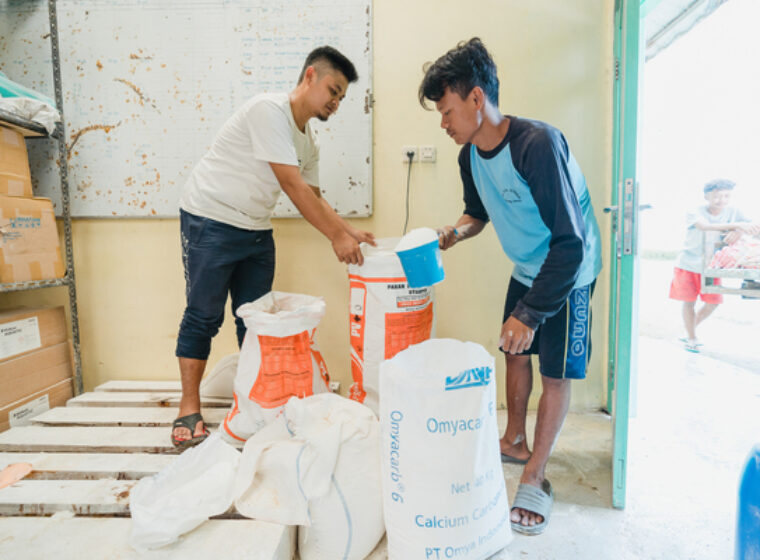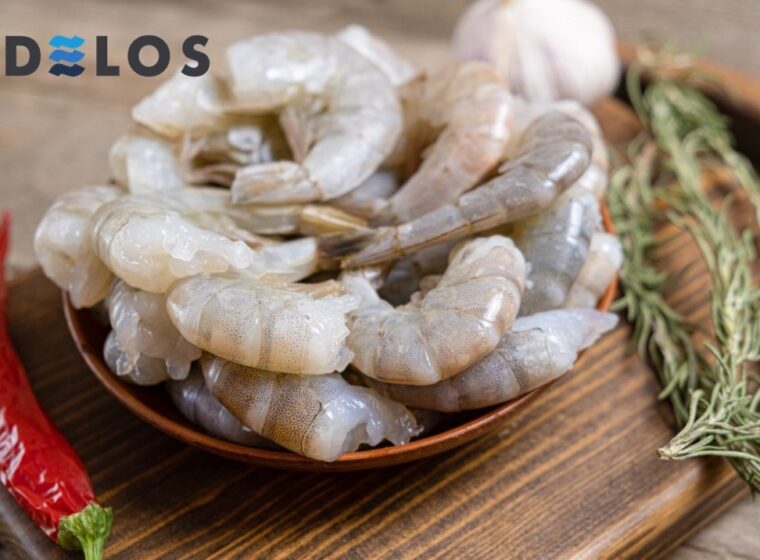Unpredictable weather during shrimp cultivation can pose a serious challenge for farmers. This disturbance affects the ecosystem conditions necessary for optimal shrimp growth.
However, with proper preparation and careful shrimp pond management, farmers can overcome the impacts of this unpredictable weather. Here are some tips that can assist you in shrimp farming during uncertain weather conditions.
Also Read: Understanding the Benefits of Reservoirs in Shrimp Farming
Tips for Dealing with Unpredictable Weather in Shrimp Farming
1. Maintaining Optimal Water Quality Parameters
Unpredictable or sudden weather changes can affect the water quality in shrimp ponds. Farmers must maintain stability in existing water quality parameters. This includes promptly taking action if any anomalies occur.
2. Managing Water Temperature
Drastic changes in water temperature can affect shrimp health. To counter these temperature changes, farmers should regularly check and control water temperature. If anomalies arise, immediate actions should be taken to prevent stress among the shrimp.
3. Regular Water Quality Monitoring
Weather changes often impact water quality, such as salinity levels, temperature, and pH. Regularly measuring water quality and monitoring changes in these crucial parameters can help in taking necessary steps to adjust to the shrimp pond’s environmental conditions.
Also Read: Addressing Harmful Algal Blooms in Shrimp Ponds
4. Protection Against Extreme Rainfall
Bad weather often accompanies heavy rain that can affect water quality in ponds. Having covers or shelters for the ponds can help protect shrimp from the direct impact of excessive rainfall.
5. Regular Feeding
Unpredictable weather can alter shrimp feeding patterns. To maintain optimal growth, it’s important to provide regular feeding and observe whether the shrimp are consuming the feed properly. Adjusting the feed quantity according to the shrimp’s condition and environment is also necessary.
6. Pond Cleanliness
Weather changes often increase the risk of diseases and pathogen contamination in ponds. Ensuring pond cleanliness through routine maintenance like cleaning and periodic water replacement can help prevent disease spread and maintain good water quality.
7. Preparedness for Extreme Changes
In cases of unexpected extreme weather, having an emergency plan is crucial. Having backup infrastructure such as water pumps, power generators, or other resources for emergencies can help reduce negative impacts on shrimp cultivation.
Also Read: Benefits of Water Filtration in Vannamei Shrimp Farming
Vannamei Shrimp Farming is More Productive with DELOS
Shrimp farming requires extra attention, especially when dealing with unpredictable weather changes. With good planning, careful management, and readiness for extreme situations, shrimp farmers can reduce risks and optimize their production even during unstable weather.
Many farmers need to be made aware of the importance of monitoring water quality to maintain pond environments during uncertain weather. Therefore, you can choose DELOS as your partner in Vannamei shrimp farming.
At DELOS, our Laboratory Team ensures daily water quality monitoring to observe pond conditions. This way, if anomalies occur, specific treatments can be promptly administered to ensure the successful cultivation of Vannamei shrimp.
Contact DELOS at contact@delosaqua.com or click the WhatsApp icon on this page to connect with our team directly. Entrust your Vannamei shrimp farming to DELOS!




